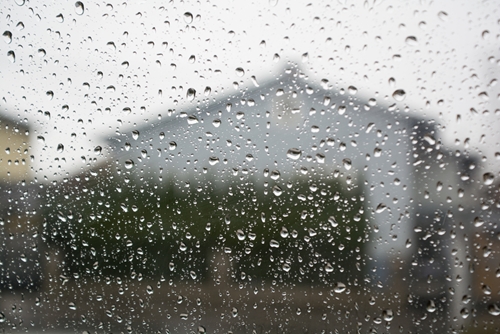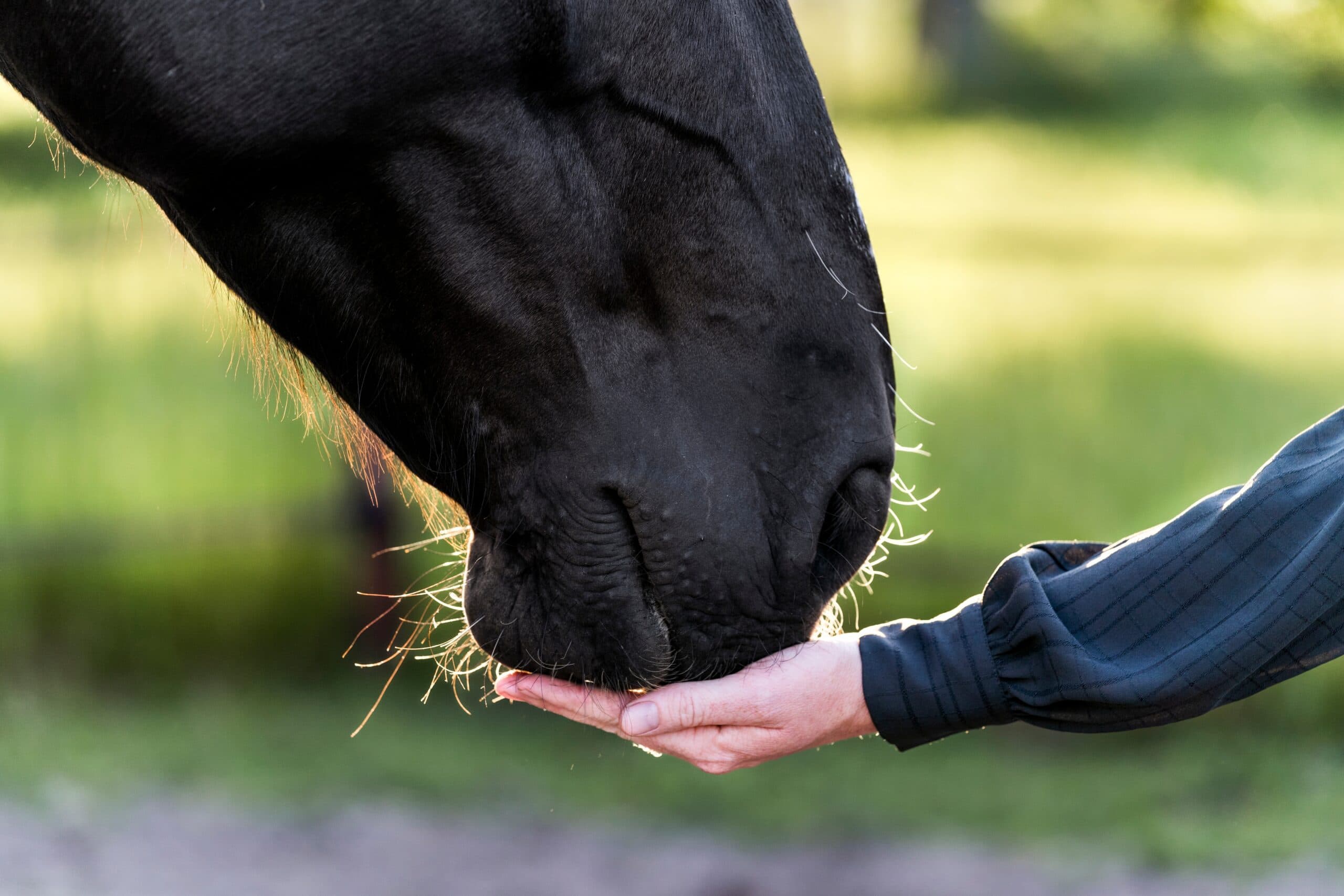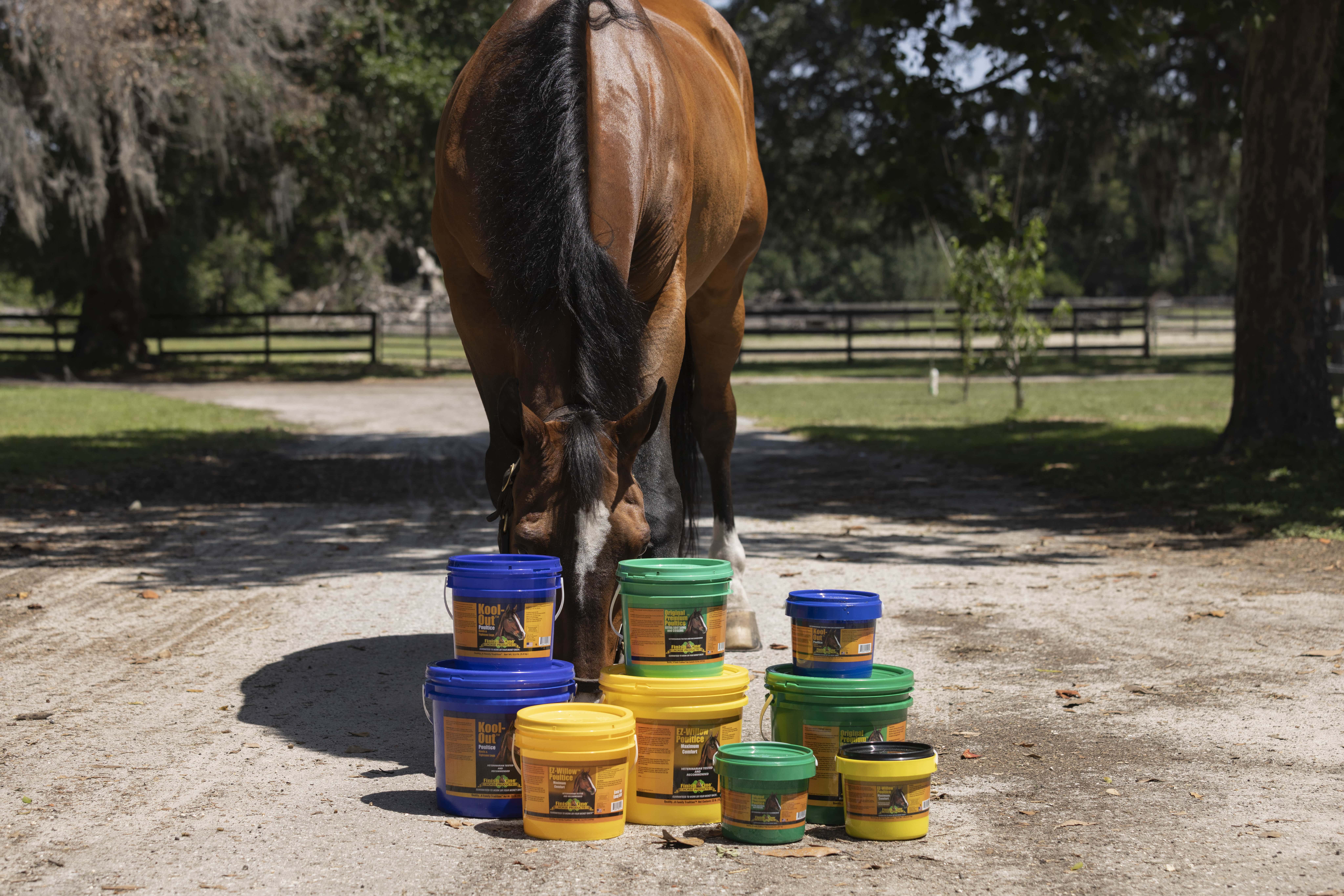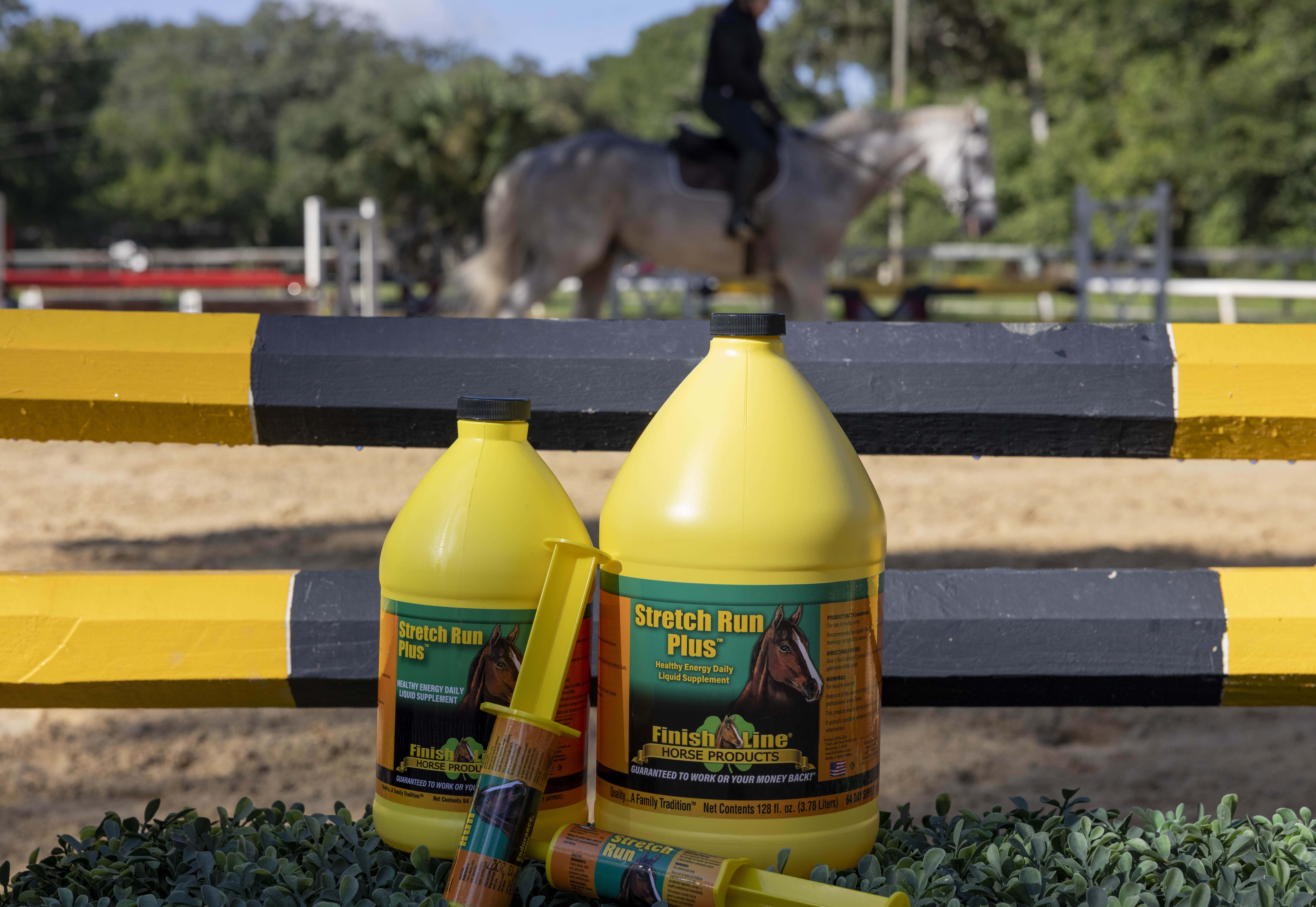Despite the promise of beautiful blossoms, springtime showers spell trouble for horse owners. Muddy pastures, slippery walkways and disease-ridden bugs can quickly turn from a nuisance to a nightmare. Here’s how to care for your horse during rainy periods:
1. Clear your pasture
Heavy rainfall leads to flooding, which brings in debris from the surrounding area. Check your pasture for garbage on a regular basis – you don’t want your horse accidentally eating plastic or tripping on a piece of old twine. Also, make note of any nearby farms, garages or industrial plants. Floodwater can bring in fertilizers, motor oil, insecticides and other toxins that make a horse seriously ill.
2. Keep grazing to a minimum
Your horse is probably itching to roam for hours in the field after being cooped up all winter, but giving it free reign from the outset is the quickest way to destroy your pasture. For one, as your horse walks along the muddy ground, its hooves will damage the young roots of newly sprouted grass. The lush plants will die, leaving behind a wide-open area that’s perfect for weeds and toxic vegetation.
“Limit the amount of time your horse spends grazing in the beginning of the season.”
Even if the weather is nice or you don’t live in a rainy area, you should limit the amount of time your horse spends grazing in the beginning of the season. The grass in your pasture should be at least 6 to 8 inches tall before you bring your horse in, the University of Minnesota said. Anything shorter and you run the risk of overgrazing. Your horse will eat so much that the grass doesn’t have enough surface area to properly photosynthesize, starving itself all the way down to the roots.
Still, you don’t want to completely deprive your horse of turnout time. Wait until the sun is shining, then bring your equine into the field for 15 minutes or so. The next time, let your horse out for 30 minutes. Keep going at 15-minute intervals until turnout time reaches 4 to 5 hours per day.
3. Schedule vaccinations
Mosquitoes, which carry a number of diseases, lay their eggs in standing water during the spring. These annoying bugs are out in full force during the rainy season and will be all over your horse’s skin. Make sure to dump any water that’s been out for too long and have your horse vaccinated for West Nile virus, eastern and western equine encephalomyelitis, rabies and tetanus.
4. Groom well and often
Grooming gives you a chance to inspect your horse’s skin and hooves up close, ensuring you catch any issues that crop up. Water in a horse’s coat leads to fungal diseases like rain rot and dew poisoning. Regular brushing prevents these conditions, separating the animal’s hairs to allow air to flow in and keep your horse dry. At minimum, you should use a curry comb to dislodge debris and remove tangles, then follow up with a body brush to pull the dirt out of the coat. If your animal is soaked, use a sweat or water scraper to remove excess moisture.
In addition, horses are at greater risk of developing thrush in rainy weather. Their hooves become caked and filled with mud, which harbors bacteria. Use a hoof pick to clean the feet and avoid this nasty-smelling condition.
“Rodents will seek shelter with your horses in the barn.”
5. Get rid of rats and mice
Floods drive rodents out of their natural habitats, and they’ll seek shelter with your horses in the barn. Unfortunately, these pesky animals bring diseases like leptospirosis, which leads to blindness and abortion. You also don’t want mice or rats anywhere near your pasture. Their carcasses attract possums that could be infected with parasites that cause equine protozoal myelitis, a neurological disease, or other illnesses.
Your best bet is to call an exterminator to get rid of all pests, not just rodents. If you’re not comfortable with that, however, a barn cat will keep the mice and rats at bay and make a great horse companion.
6. Rainproof the property
Examine your gutters for defects to keep rain from getting into the walls and foundation of your property. Saratoga Stalls, which makes custom horse barns and stables, also recommended digging small ditches to angle runoff water away from your barn, pasture and walkways. Also, check your barn’s doors and windows for leaks and damages. Finally, install rubber mats near the entryway to keep this area from getting slippery.








